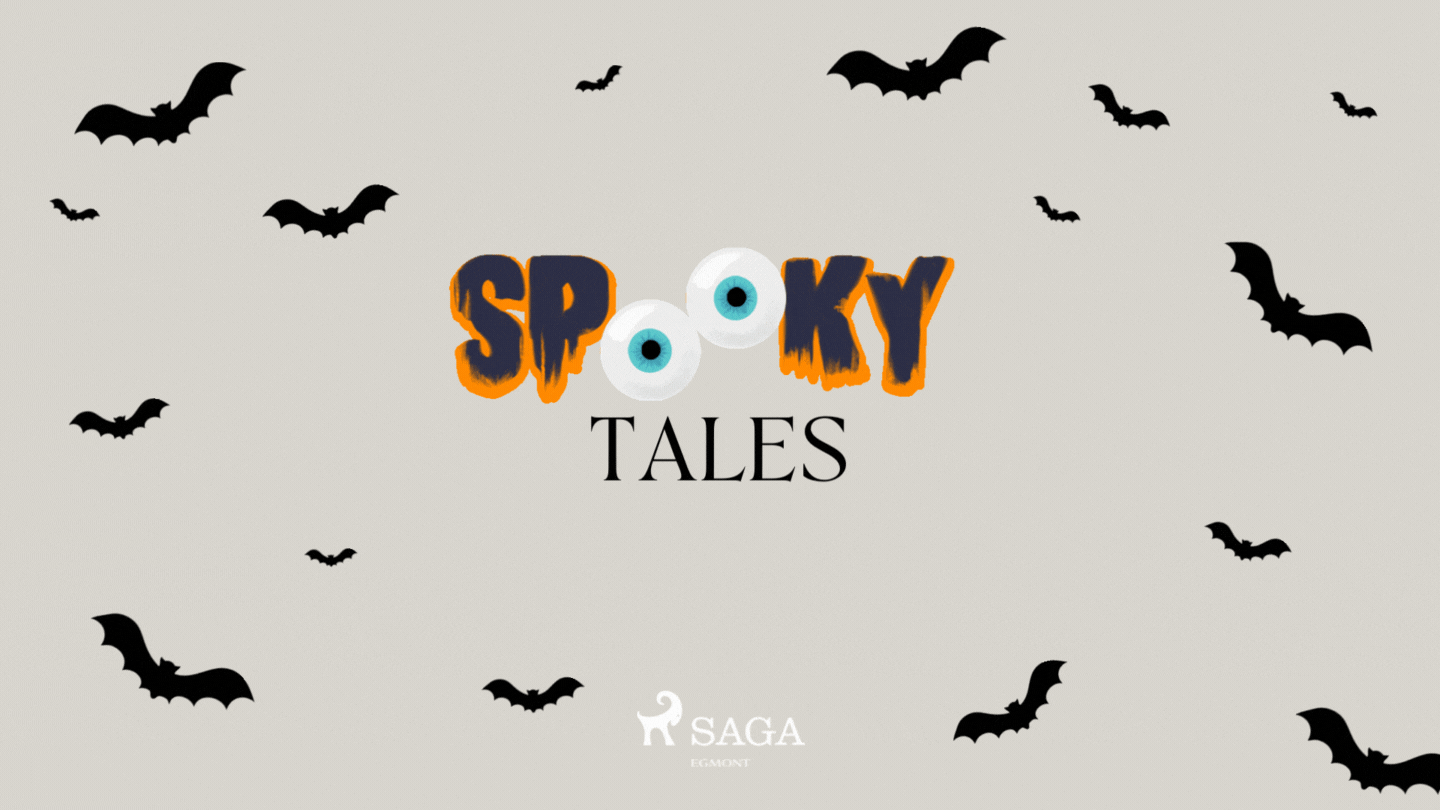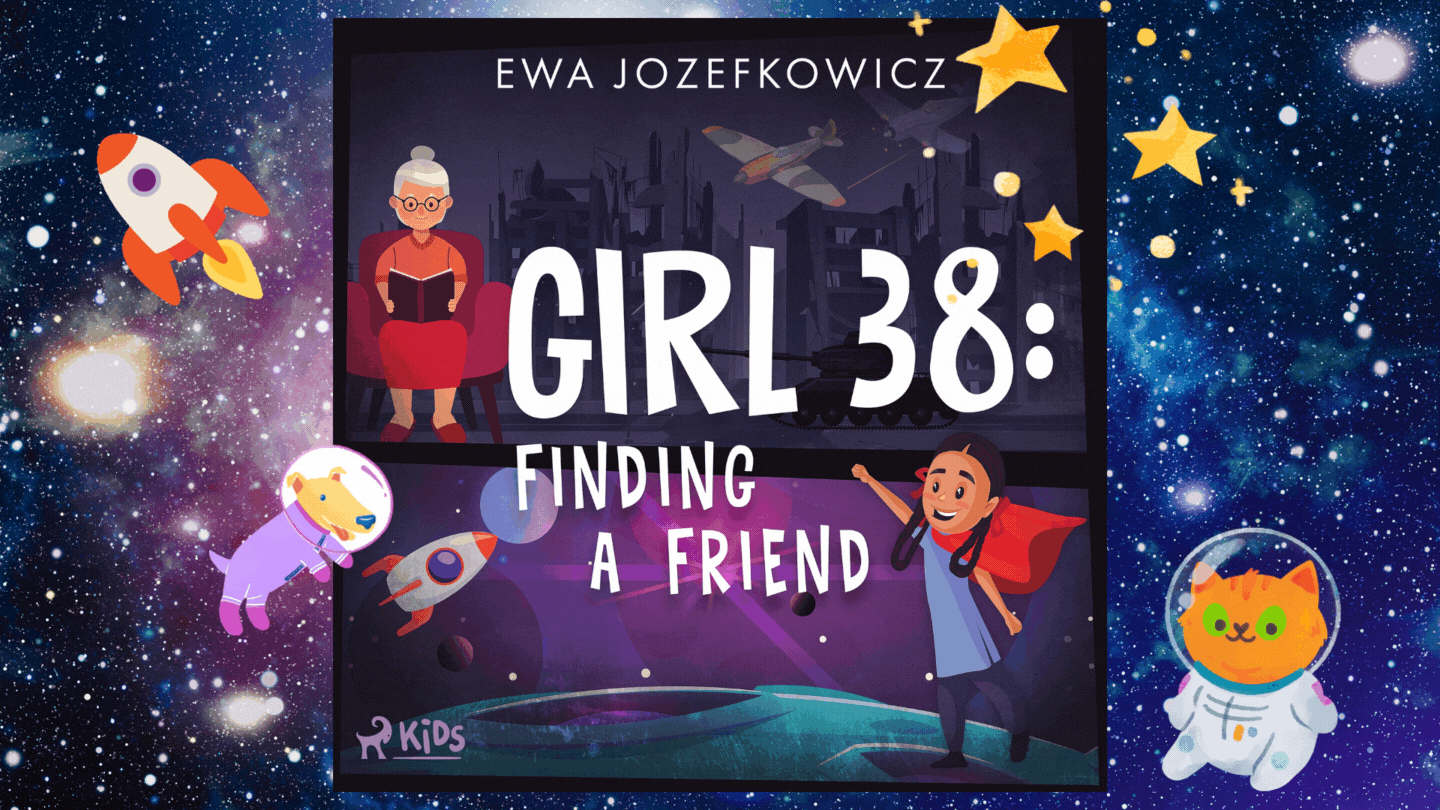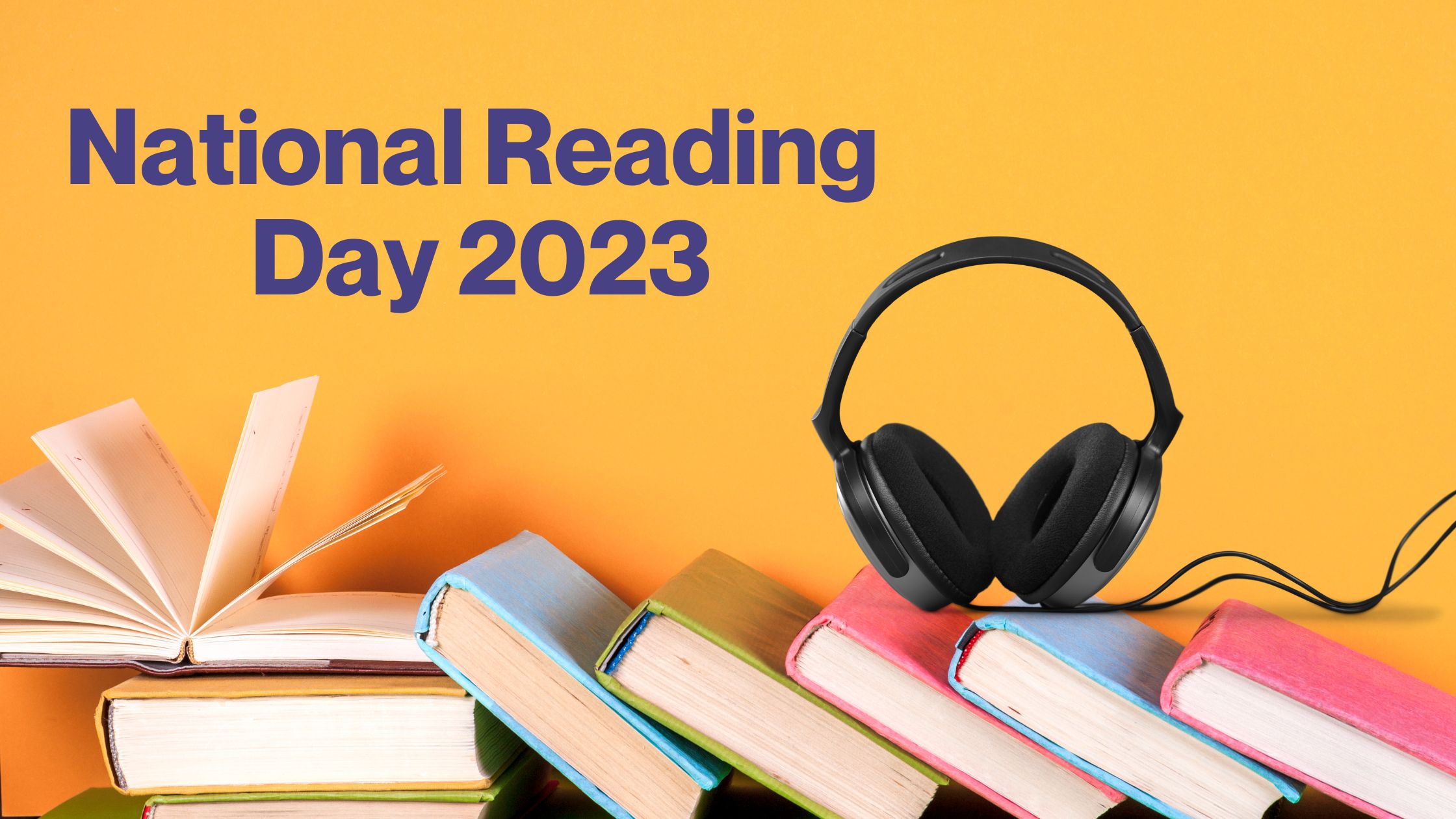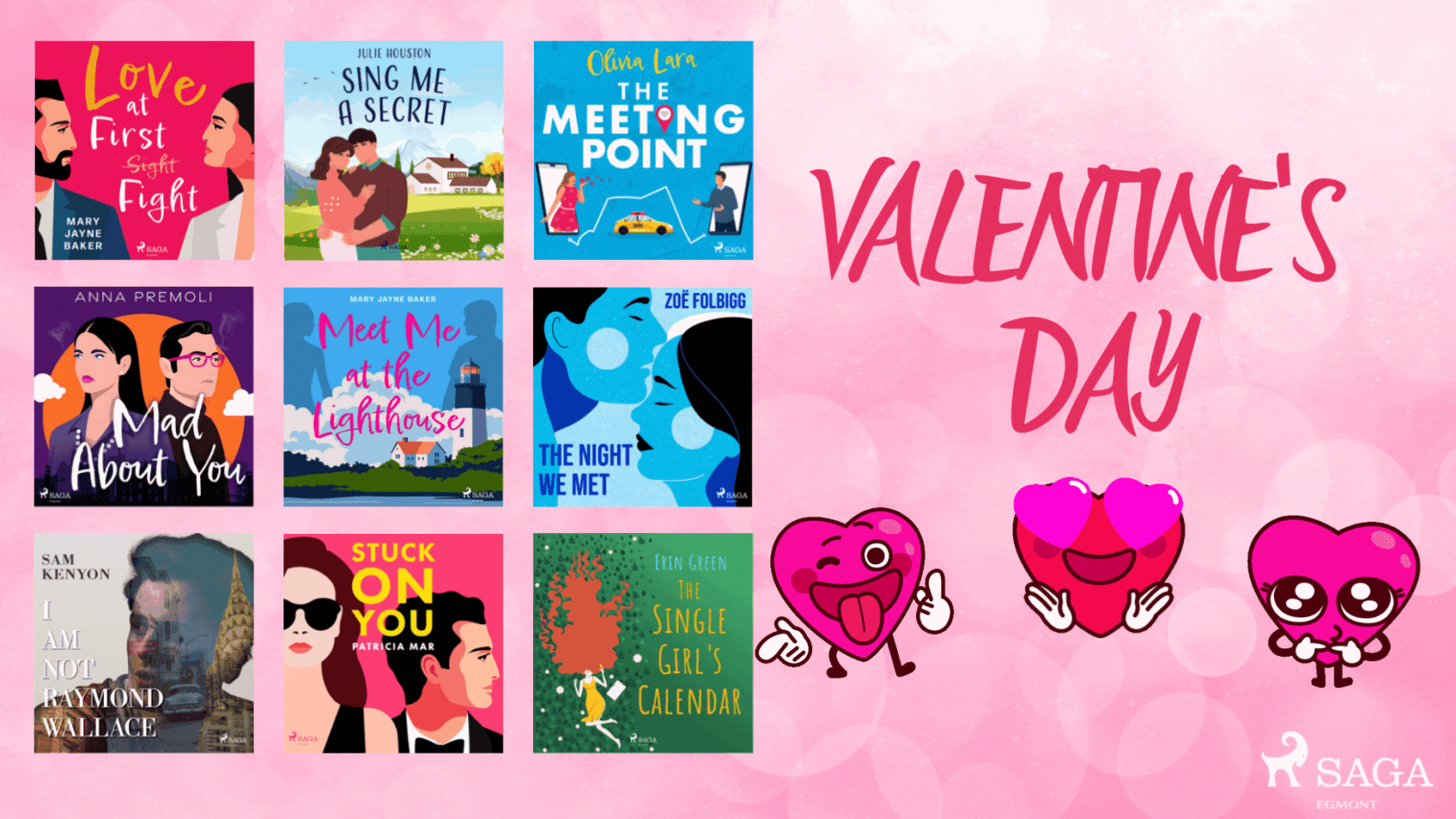Alex de Campi, the author of ‘The Scottish Boy’ – “..a TikTok runaway success in the making”.
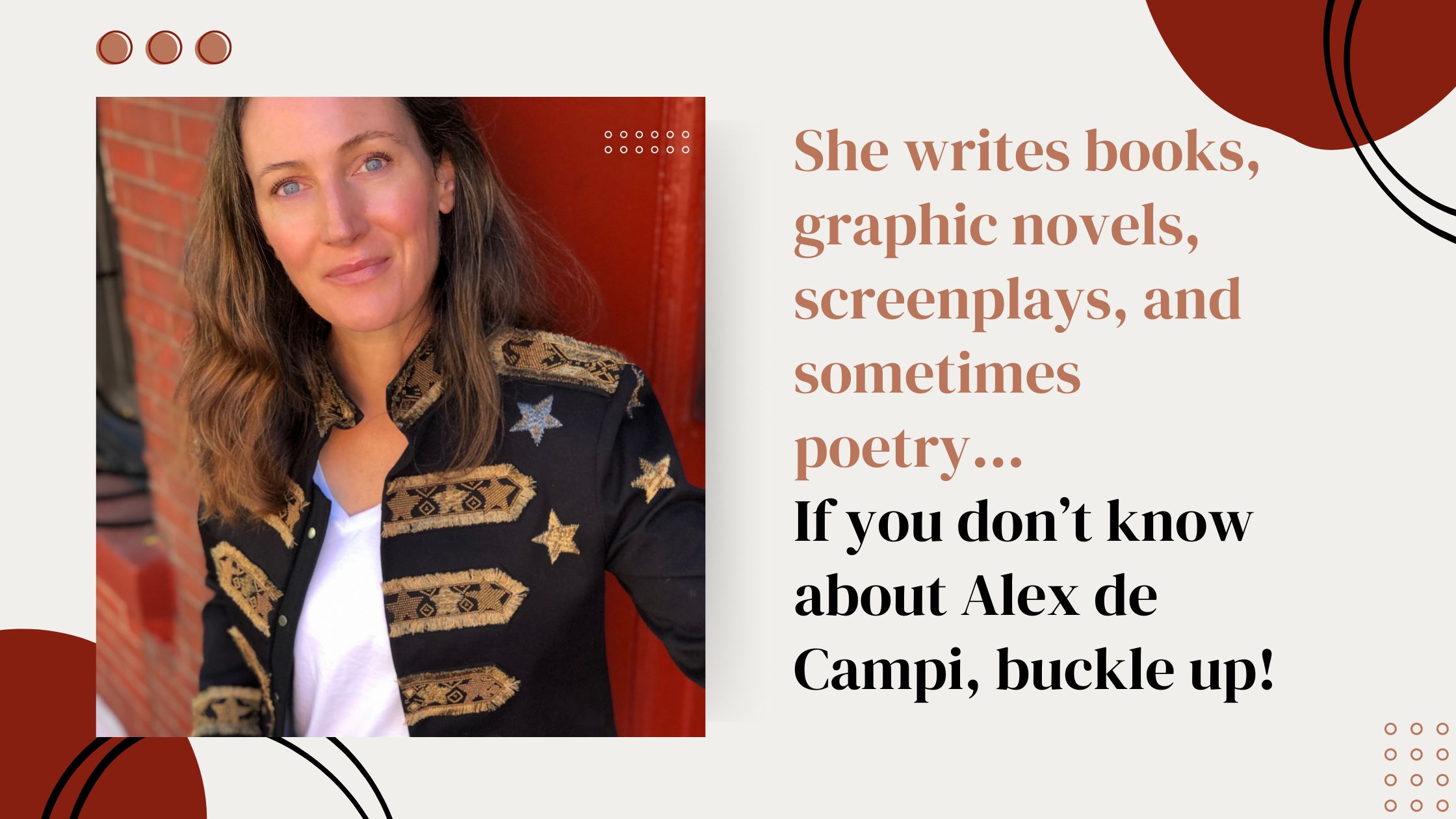
Alex de Campi is a talented author who has made a name for herself in the world of graphic novels and comic books. Born in 1970 in New York City, Alex De Campi’s love for storytelling began at an early age and eventually led her to study English literature and film theory at Oxford University. After graduation, she worked in the film industry before turning her attention to writing.
Alex De Campi is best known for her innovative and boundary-pushing graphic novels, which often blend genres and defy traditional storytelling conventions. Her work has been praised for its dark humour, richly drawn characters, and intricate plots. She has received critical acclaim for her series such as “Smoke,” “Grindhouse,” and “Archie vs. Predator,” and has collaborated with some of the most talented artists in the industry.
‘The Scottish Boy’ is the perfect addition to your queer, historical romance, enemies-to-lovers lists and carousels, and here’s why:
- 4.7 out of 5 rating on Audible with over 800 reviews on Amazon, and over 1,700 ratings and 379 reviews on Goodreads.
- “Spicy historical gay romance – perfect! Loooved this! The performance is brilliant and really brings the story to life. Feels like a TikTok runaway success in the making!” – 5-star Audible review
This title has become a Saga Egmont favourite so we couldn’t wait to chat to Alex de Campi about all things ‘The Scottish Boy’, Richards Pearce’s narration, those steamy scenes and how social media has contributed to the book’s success.
Can you tell us about the inspiration behind your novel “The Scottish Boy”?
One of my most treasured possessions as a young child was a set of Howard Pyle’s illustrated King Arthur books. I loved the idea of knights and have seen pretty much every movie involving knights from the dire (The Black Shield Of Falworth) to the delightful (A Knight’s Tale) and everything in-between. So, in many ways, it was pure self-indulgence to write a thriller tale about knights who kiss each other, and I adored the challenge of taking a period of distant history where they didn’t have buttons yet on clothes, or the concept of the minute and make it seem natural and vibrant to modern readers.
Can you discuss the themes you explore in “The Scottish Boy” and why they were important to you?
A huge theme of the book is facing responsibility that you’re not ready for, which in some ways was likely me writing through my experience of my father’s death and my mother’s dementia/hospitalization. Like Harry, I’m an only child, and there was just nobody to turn to, and in fact (as is often the case in these situations) some people close to my family decided that was the perfect time to be vicious jerks, and actively worked to make the situation worse. But you just have to keep going, like Harry kept going, and do the best you can.
Another big theme is wanting to be in with the in-crowd, only to discover that they are, by and large, terrible people. We spend so much time in our lives struggling to get past gatekeepers, it seems especially cruel to find out that the only thing that exists on the other side of that gate is a manure pile. Harry regularly deals with people in power who neither earned nor wielded it humanely. It was tremendously exciting to me to write the realpolitik of this great chivalric age, too — the choices that Montagu makes are horrific, but there is a certain terrible logic to them in that they benefit both the king and himself.
What were the challenges you faced, if any, in writing from the perspective of a young boy?
Harry turns 18 at the start of the book, so he’s not super young. It wasn’t that hard to write his perspective, because he had such a clear emotional arc: young and overwhelmed, suddenly, and wholly responsible for keeping his small and indebted estate together at the same time he gets the thing he wants most (a knighthood) and finds it isn’t at all what it’s cracked up to be. I think we all went through a stage in our late teens/early 20s where we really wanted something and then we achieved it and thought… is that all there is? Or where we wanted to be part of a popular crowd and may have even gotten there, only to find out the popular kids were shallow and cruel.
Did you always intend to write such spicy scenes?
Oh, always. I really enjoy writing erotica. I once joked to a friend that a sex scene was just a horizontal fight scene* and I still think it’s true to a very great extent. There’s a real art to both the physical choreography and the emotional arcs within each. I’m proud of both the spiciness of the sex scenes in ‘The Scottish Boy’, and the visceral violence of the fight scenes.
We’re having a very puritanical moment right now in pop culture, where people on social media are questioning the need to have sex scenes in movies. This tends to be more pronounced around queer media that crosses over into the mainstream — like, love is love, but we don’t want to think about you having sex. No kink at Pride, etc. Honestly, I think everyone would be better off if we as a culture were a bit hornier on the main. *(yes, yes, unless they’re doing it up against the wall, &c)
‘The Scottish Boy’ has been very highly rated and reviewed on Audible, why do you think this is?
A big part of it is Richard Pearce’s wonderful narration. He makes everything sound fantastic and has just the sort of voice you want whispering in your ear. I also think that, much as I love romance as a genre, very few romances have as much of a thriller/suspense element as ‘The Scottish Boy’. It’s not a short book, but the amount of cliffhangers and unexpected twists, both emotionally and in the plot, keep people hooked. So many people have told me they’ve read it all in one sitting, which is a tremendous compliment to the book’s pacing.
How did you feel hearing your book in audio?
I was so excited! It was so well done. Made me feel like a real author (and I say this as someone with a dozen graphic novels to my name). Of course, I was terrified I’d get a note from Richard, the narrator, going “what is this, I’m not reading this, find someone else.”
In your opinion, what are the benefits of experiencing your stories through audiobooks as opposed to print books?
Accessibility is a huge benefit: being able to access readers who find it preferable to listen to books rather than read them. Also, I live in a small apartment in a big city, so I can completely understand why someone might not want to purchase a 500-page book to keep. (But if you do, the most reliably in-stock place to get it is direct from the publisher, Unbound: https://unbound.com/books/the-scottish-boy/ ).
The narrator Richard Pearce certainly has a knack for accents. What did you think about his narration, and do you think it added value to the listeners’ experience?
Richard’s narration is an equal part to the audiobook’s success to the story. The accents are crucial, especially for listeners not from the UK who likely wouldn’t be able to just picture the vast differences in regional and national accents themselves. Also, there’s so much dialogue in the book, the accents keep listeners crystal clear on who’s speaking when.
Various book influencers have been promoting “The Scottish Boy” on TikTok, do you think that this has provided a bigger reach, and exposed your book to a wider, more diverse audience?
Yes, Booktok and Bookstagram have been such a surprise and a delight! The book was published in 2020, and in the fast-paced world of book publishing, it’s practically a dinosaur. But purely via word of mouth it’s become this thing three years later that’s being shared and recommended and adored on social media. It’s really overwhelming. For a long time, until Unbound, this book didn’t have a home, because it wasn’t like anything else out there. I had all these editors telling me they couldn’t put the book down, but had no idea how to sell it. Even with Unbound, I worried I was just making a book for me and nobody would read it.
To have people still discovering it with joy three years later is the best present I could ask for, and I’ve had the most wonderful fan letters from all around the world, from queer Vietnam War veterans in Texas to Italian readers to people telling me they want to get Harry’s coat of arms tattooed on their forearm and can I confirm the heraldry.
What do you think about the effect that social media platforms such as TikTok have on books?
I think social media is so critical for books these days. For everything, really. There’s no centralization anymore. How do you find out what’s good, or even what’s come out recently? Look, every so often the New York Times reviews one of my books and the only thing that ever happens afterwards is one of my parents’ friends reaching out to me on Facebook saying they never knew I was a writer. I think it’s entirely due to social media that ‘The Scottish Boy’ has had such a long life, with sales climbing every year rather than falling. There’s no press coverage of the book, not anymore. That stops like a week after the book is published.
Now, it’s all just romance and thriller fans discovering the book or audiobook and telling their friends online. So yeah, I’m all for social media.
Social Media Links
Website: https://www.alexdecampi.com/
Facebook: https://www.facebook.com/alexdecampi
Twitter: https://twitter.com/alexdecampi
Instagram: https://www.instagram.com/alexdecampi/
Goodreads: https://www.goodreads.com/author/show/438084.Alex_de_Campi

The Scottish Boy
Format: Audio
ISNB: 9788728109038
Narrated by Richard Pearce
1333. Edward III is at war with Scotland. Nineteen-year-old Sir Harry de Lyon yearns to prove himself and jumps at the chance when a powerful English baron, William Montagu, invites him on a secret mission with a dozen elite knights. They ride north, to a crumbling
Scottish keep, capturing a feral, half-starved boy within and putting the other inhabitants to the sword.
But nobody knows why the flower of English knighthood snuck over the border to capture a savage, dirty teenage boy. Montagu gives the boy to Harry as his squire, with only two rules: don’t let him escape, and convert him to the English cause.
At first, it’s hopeless. The Scottish boy is surly and violent and eats anything that isn’t nailed down. Then Harry begins to notice things: that, as well as Gaelic, the boy speaks flawless French, with an accent much different from Harry’s Norman one. That he can read Latin too. And when Harry finally convinces the boy – Iain mac Maíl Coluim – to cut his filthy curtain of hair, the face revealed is the most beautiful thing Harry has ever seen.
With Iain as his squire, Harry wins tournament after tournament and becomes a favourite of the King. But underneath the pageantry smoulder twin secrets: Harry and Iain’s growing passion for each other, and Iain’s mysterious heritage. As England hurtles towards war once again, these secrets will destroy everything Harry holds dear.
For more information about this title, or our full English catalogue contact Nadia on – nadia.lamond@sagaegmont.com or simply book a meeting.


